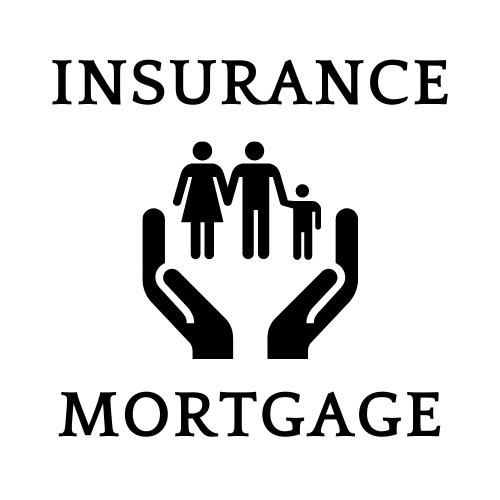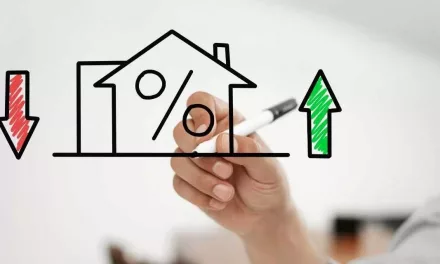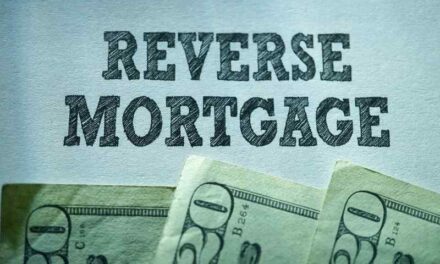For many individuals, purchasing a house will be the most significant financial commitment they will ever make in their life. It’s a significant financial choice that needs meticulous preparation.
Property buyers, on the other hand, often make the error of waiting until they have found the home they want to purchase before contacting a lender. The sooner you begin the financial planning process, the better off you will be. This is where pre-qualification comes into play.
What is Mortgage Pre-Qualification and how does it work?
In order to finance your house with a mortgage, the first step is to become pre-qualified with a lending institution. A mortgage pre-qualification letter is a written declaration from a lender indicating the loan amount you would be eligible for under the terms of that lender’s lending rules. Your self-reported income and credit information are used to make the assessment and determine the loan amount.
A mortgage pre-qualification does not imply that you will be approved for a mortgage loan. A mortgage lender will demand evidence of your income and assets, as well as proof that you match the precise requirements for the loan type for which you are applying.
Why Should You Get Pre-Qualified for a Mortgage?
Getting pre-qualified for a mortgage before you begin your house hunt will assist to ensure that you have the best chance of being successful. It may assist you in determining how much you can afford, allowing you to begin your house search by looking at properties that comfortably fit within your financial constraints.
Getting pre-qualified also demonstrates that you are a serious buyer who is prepared to make the financial commitment required by purchasing a property. It might assist to enhance your offer by demonstrating to the seller that you have the financial means to purchase the house. Although it is a good indicator, it does not ensure that your offer will be accepted.
Pre-qualification for a mortgage does not usually need a credit check, which means you will not have a hard query on your credit report. However, it is a good idea to evaluate your credit report as early as possible in your house search to discover any inaccuracies and areas where you may make improvements.
A more precise estimate of the interest rate you might qualify for will also be provided, which is significant since your interest rate has the potential to affect your monthly payment.
When You Don’t Get Pre-Qualified for a mortgage, What Happens Next?
Qualification for a mortgage is determined by meeting specified requirements related to your income, credit score, down payment, and debt-to-income ratio (DTI). The majority of people will not be pre-qualified for a mortgage, and not everyone will be pre-qualified for the amount of money that they believe they will qualify for. You may do the following if you find yourself in a similar situation.
Increase the amount of money you put down as a down payment. This might assist you in increasing the loan amount you are eligible for while also lowering your monthly mortgage payments. Learn more about down payments and why a 20 percent down payment is the best option.
Reduce your total debt in order to enhance your debt-to-income ratio (DTI). An optimal debt-to-income ratio of 36 percent or less is preferred; a maximum debt-to-income ratio of 43 percent is permitted under most circumstances. You may calculate your debt-to-income ratio by using our debt-to-income calculator.
Correcting inaccuracies on your credit report, resolving any red flags such as late or missing payments, and minimizing the number of hard credit queries on your record are all things you can do to enhance your credit score over time.
Although you may be considered to have poor credit, you may still be able to get a mortgage loan provided you meet certain requirements. However, in general, a credit score of 720 or better will assist you in obtaining the most advantageous interest rates.





